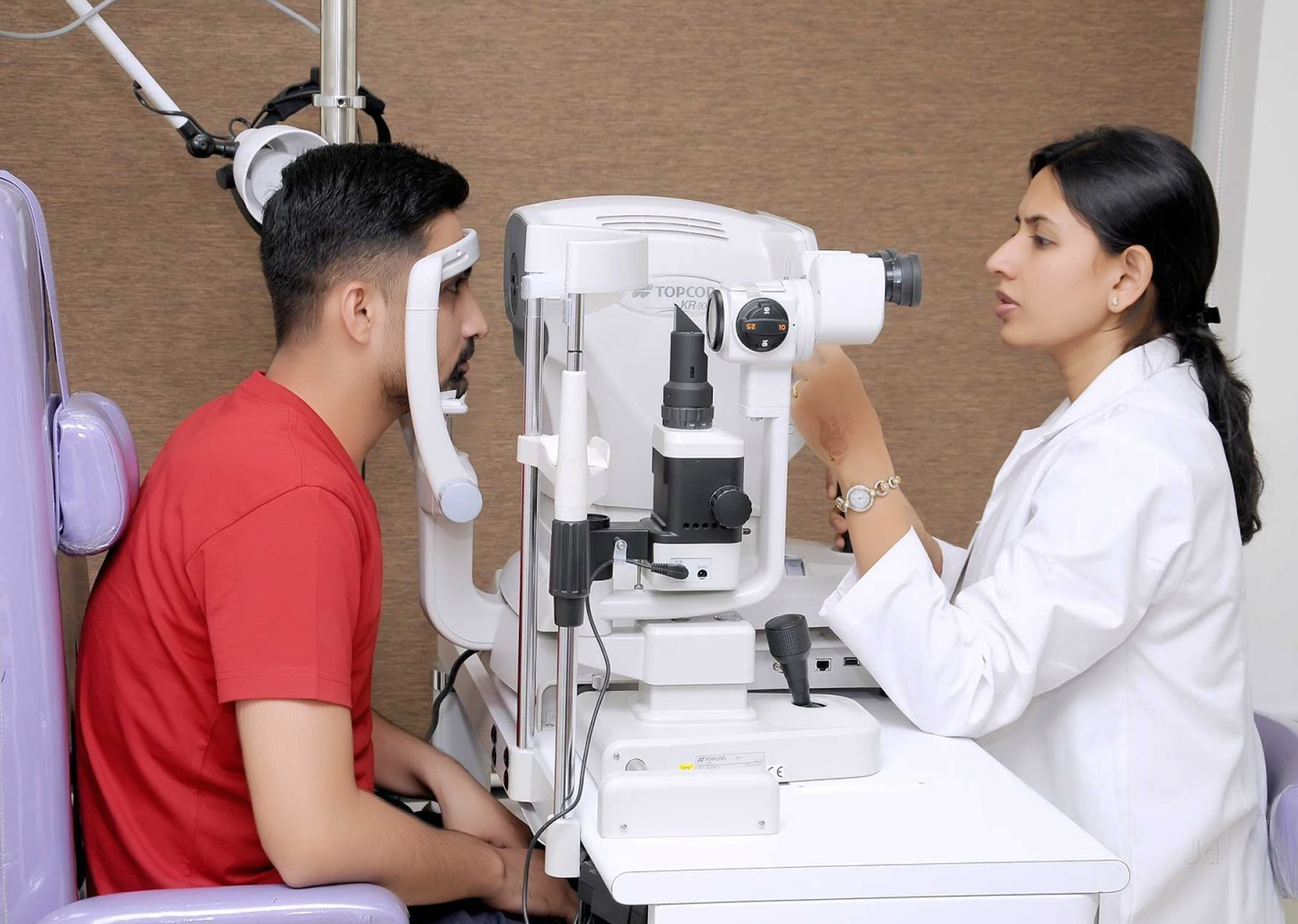
BUY NOW


Maintain good hygiene: Wash your hands thoroughly before touching your eyes or handling any eye care products. Avoid eye strain: Take regular breaks if you spend extended periods of time looking at screens or engaging in activities that require focused visual attention. Follow the 20-20-20 rule: Every 20 minutes, look at something 20 feet away for 20 seconds to reduce eye strain. Proper lighting: Ensure that the lighting in your environment is adequate for the tasks you're performing. Avoid excessive glare, as it can strain your eyes. Restful sleep: Get enough sleep to allow your eyes to rest and rejuvenate. Lack of sleep can contribute to eye fatigue. Maintain a balanced diet: Eat a nutritious diet rich in fruits, vegetables, and omega-3 fatty acids. These nutrients are beneficial for eye health. Stay hydrated: Drinking enough water helps maintain overall health, including the health of your eyes. Protect your eyes: Wear protective eyewear, such as safety glasses or goggles, when engaging in activities that could potentially harm your eyes, such as sports, DIY projects, or working with chemicals. Avoid rubbing your eyes: Rubbing your eyes can introduce dirt, irritants, or germs and potentially cause further irritation or infection. If your eyes are itchy, try using a clean, damp cloth or artificial tears to alleviate the discomfort. Use proper eye care products: If you use eye drops, contact lens solutions, or other eye care products, follow the instructions provided and ensure they are within their expiration dates. Seek professional help: If you experience persistent eye discomfort, pain, redness, vision changes, or any other concerning symptoms, consult an eye care professional for a proper examination and guidance.
(c) Care & Cure | 2023
Site Developed by Igen Software Solutions
Please enter the characters shown below